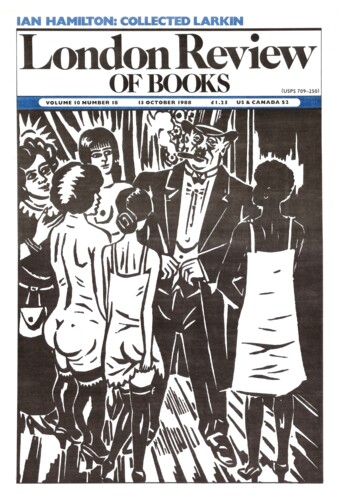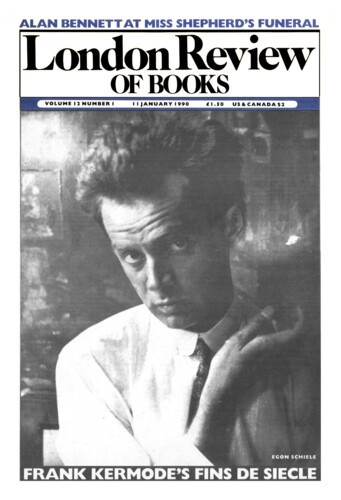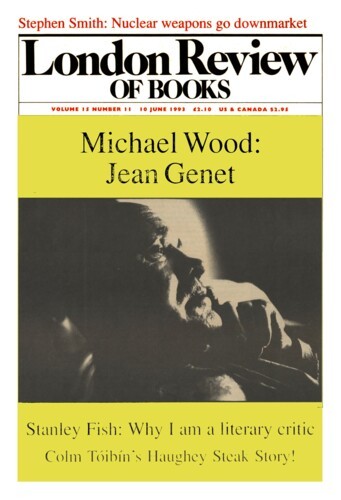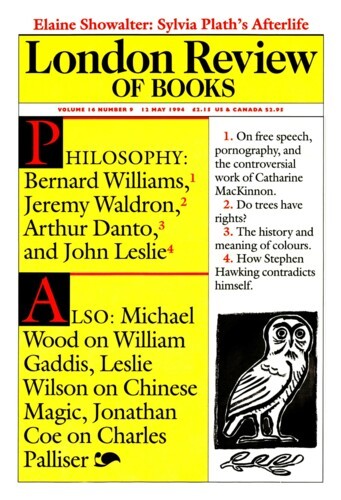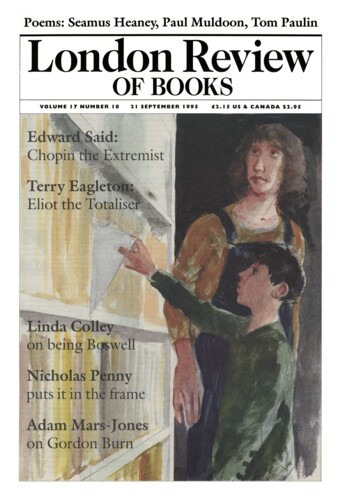In a time of mass unemployment, budget deficits, infrastructure decay and economic decline, of ethnic cleansing, mass rape, communal violence and racial polarisation, Garry Wills and Sacvan Bercovitch proclaim the power of language to transform the world. Against one current fashion, both reject punning and the play of the socially detached signifier: they embed American words in American history. Against another current fashion, both are exceptionalists, seeing a special destiny for the United States. Earlier exceptionalists celebrated American uniqueness: the history that words transfigure in these two books is one of violence. For Bercovitch, American rhetoric promotes and obfuscates violence; the Gettysburg Address, for Wills, rises above the battle to create something new. The ‘redemptive promises of language’ trap Bercovitch’s United States in repetitive self-absorption; Lincoln at Gettysburg, in Wills’s subtitle, analyses ‘the words that remade America’.
The Rites of Assent: Transformations in the Symbolic Construction of America by Sacvan Bercovitch. Lincoln at Gettysburg: The Words that Remade America by Garry Wills. In a time of mass unemployment, budget deficits, infrastructure decay and economic decline, of ethnic cleansing, mass rape, communal violence and racial polarisation, Garry Wills and Sacvan...
